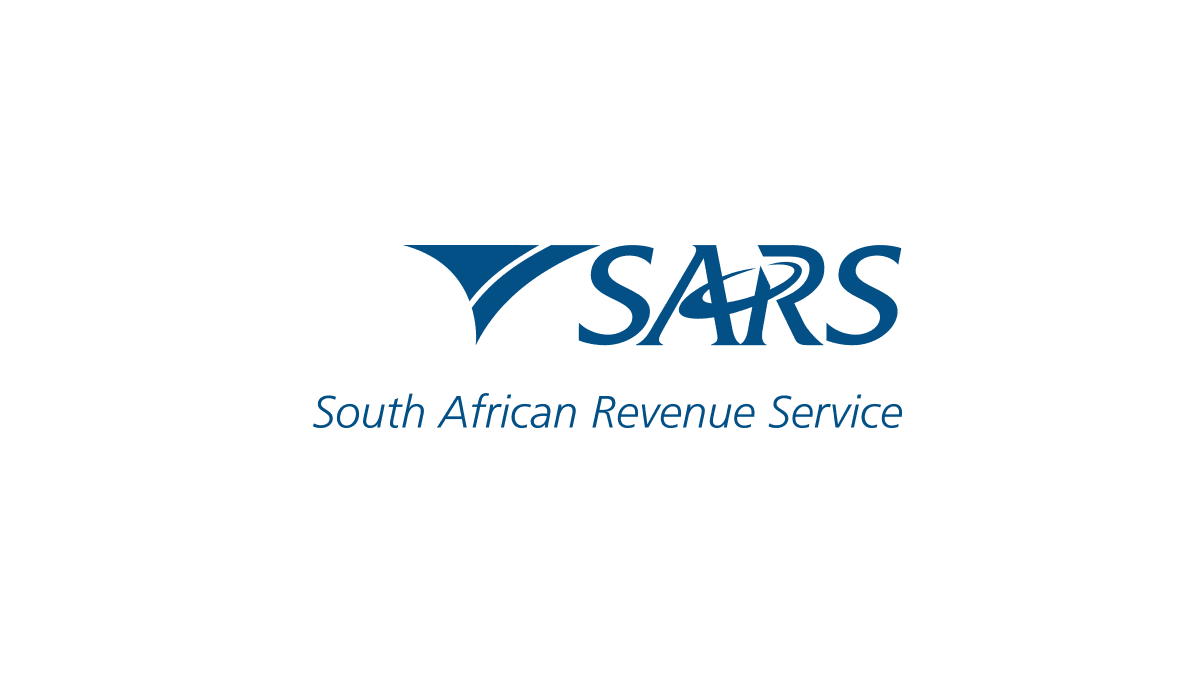The South African Revenue Service (SARS) has issued a stern warning to businesses that failed to comply with the rollback of a VAT increase initially set for May 2025. Companies that charged the higher rate despite the government’s reversal may soon face penalties and audits.
The controversy stems from a chaotic budget season between March and May 2025, when a 0.5% increase in VAT was announced—only to be withdrawn at the last minute. Businesses were left in limbo as politicians sent mixed signals, leading many to prematurely update their systems.
While the National Treasury had tabled the increase in Budget 2.0, effective from 1 May, it was ultimately scrapped on 25 April, following a High Court order supported by a legal settlement between the Treasury and the Democratic Alliance.
System Glitches, Legal Gaps, and Mixed Messaging
Section 7(4) of the VAT Act allows the Minister of Finance to announce a VAT change during the budget speech, with immediate legal effect. Parliament typically confirms or amends this over the following months.
This time, however, confusion reigned. Action SA’s support for the fiscal framework allowed the VAT hike to proceed through committee stages, even though its public stance was in opposition.
Companies—obligated to comply with the law, not politics—acted accordingly. Banks, telecom providers, and other major corporations issued VAT increase notifications to clients based on the announced implementation date.
Even as political parties flooded the media with claims that the increase wouldn’t happen, no legal instrument existed to stop it—until the very last week of April.
SARS Takes Action Against Non-Compliant Vendors
On 25 April 2025, SARS issued a formal directive instructing all VAT vendors to revert system changes and ensure a return to the 15% VAT rate by 1 May. Vendors unable to comply immediately were given until 15 May to update systems and disclose the 15.5% VAT separately on their returns.
A follow-up media statement on 27 April reaffirmed that the VAT hike had been suspended and urged vendors and customers alike to ensure proper billing. SARS clarified that any discrepancies must be resolved between buyer and seller, ideally at the point of sale.
Customers were advised to report any charges at the incorrect 15.5% rate directly to the vendors for resolution.
Compliance Monitoring Begins in Earnest
SARS has now activated its risk engine to flag and investigate businesses whose VAT declarations for May 2025 raise suspicions. Those who failed to revert the rate or didn’t notify SARS of deviations could be flagged for audit.
According to the Treasury, any vendor found to have overcharged customers or withheld VAT without proper reporting may be penalised under both the VAT Act and the Tax Administration Act.
The message from SARS is clear: confusion is no excuse. Businesses that exploited the chaos or ignored directives will be held accountable.

